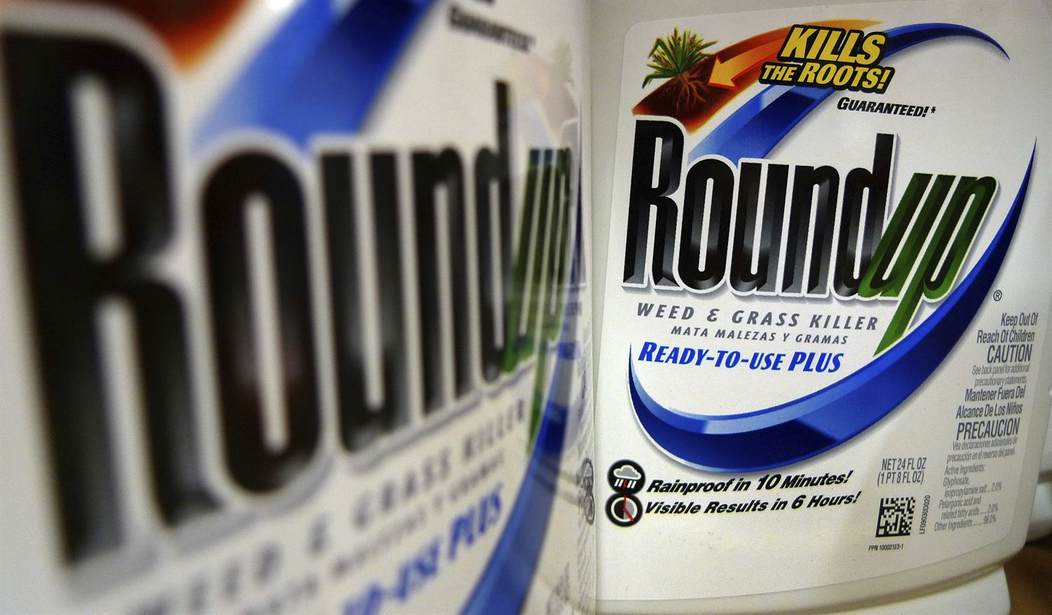In the intricate medley making up the American economy, the tort system reigns supreme, wielding significant influence and hefty costs. The U.S. Chamber of Commerce estimates the nation’s tort system cost the U.S. economy $443 billion in 2020, a sum equivalent to more than 2 percent of the entire U.S. GDP, which serves as a stark testament to its economic significance. Far too much of that staggering amount comes not from legitimate suits helping injured parties, but from mass tort litigations engineered by rent-seeking attorneys.
These lawsuits (often involving thousands of claimants) are fueled by an insidious cycle of television and the internet advertising spending designed to find potential claimants. These flashy and misleading ads promise big payouts for people who think they might have suffered harm from a product, whether it be a pharmaceutical drug, medical device, or other consumer good, even if the link between the targeted product and any real harm is dubious at best. The reality of the litigation generated is that trial attorneys are the only ones who profit from these lawsuits, while often leaving little to no earnings for the victims. Some estimates indicate that unsupportable claims comprise up to one-half of mass tort litigations.
The scripts of the ads, meticulously written to bring in the maximum number of participants, frequently peddle allegations that are often based on junk science or speculation not backed up by fact. The litigation centered on the weed killer Roundup is a great example of how this broken system operates.
Roundup, manufactured by the Monsanto Company (which was acquired by the German conglomerate Bayer AG) is an herbicide widely used by farmers and gardeners. When a branch of the taxpayer-funded World Health Organization (WHO) deemed Roundup’s active ingredient to be possibly carcinogenic to humans, mass tort litigators went to work. They hired firms specializing in lead generation to find cancer victims who might have been exposed to it. Their advertising targeted said victims. Three years later, almost 43,000 potential claimants were involved in lawsuits targeting Bayer, the result of more than 625,000 TV advertisements seeking potential clients.
Recommended
But the connection between Roundup and cancer is debatable at best. Bayer pointed to hundreds of studies and regulatory decisions that didn’t find a link to the disease. Roundup continues to be approved for use in the U.S. and abroad. Bayer contends that plaintiff lawyers cherry-picked company emails and documents pertaining to past research to support their lawsuits.
This is not out of the ordinary for the WHO. The organization has a track record of using questionable science to promulgate regulations. For example, the WHO placed bacon and hot dogs in the same category of cancer-risks as smoking cigarettes. Junk science paired with the backing of an internationally recognized organization like WHO, made it a key asset for ambulance-chasing attorneys.
The validity of their claims doesn’t always matter to mass tort litigators who target large industries in search of a large payday. They often attempt to gain settlements from companies based more on the volume of lawsuits and plaintiffs than scientific fact. Facing thousands of claimants and reams of bad press, it is not uncommon for blameless companies to throw up their hands and settle rather than going to court. This is hardly a system of justice.
Trial lawyer advertising (often funded by Wall Street investors) has reached epic proportions. One study found that television legal advertising in 2021 compromised more than 15 million commercials, with spending levels topping $1 billion annually. Between 2017 and 2021, $6.8 billion was spent on more than 77 million national and local ads.
The more they spend, though, the more they make. Settlement and judgements can be worth billions of dollars, which lawyers and investors split between themselves before the actual plaintiffs, the allegedly injured parties, are paid. It’s not unusual for individual claimants to realize insignificant proceeds from their suits in the end.
To rein in profit-motivated mass tort litigation, the American Tort Reform Association recommends multiple legislative and procedural solutions. They believe states should pass reasonable regulations to curb misleading or deceptive legal advertisements. In addition, it needs to be ensured that judges and juries have access to complete and accurate evidence that will help them render sensible judgements, as will strict adherence to Federal Rule of Evidence 702, which requires that theories be based on sound scientific method.
Civil tort litigation is an essential part of the American legal system. But it cannot continue to be abused for the benefit of greedy attorneys and their investor partners. The imperative for reform is undeniable, as the integrity of the justice system hangs in the balance.
David Williams is the president of Taxpayers Protection Alliance.

























Join the conversation as a VIP Member